WeWork & Airbnb will be Fine
The disruptors of office and lodging are seeing the world reborn in their image.
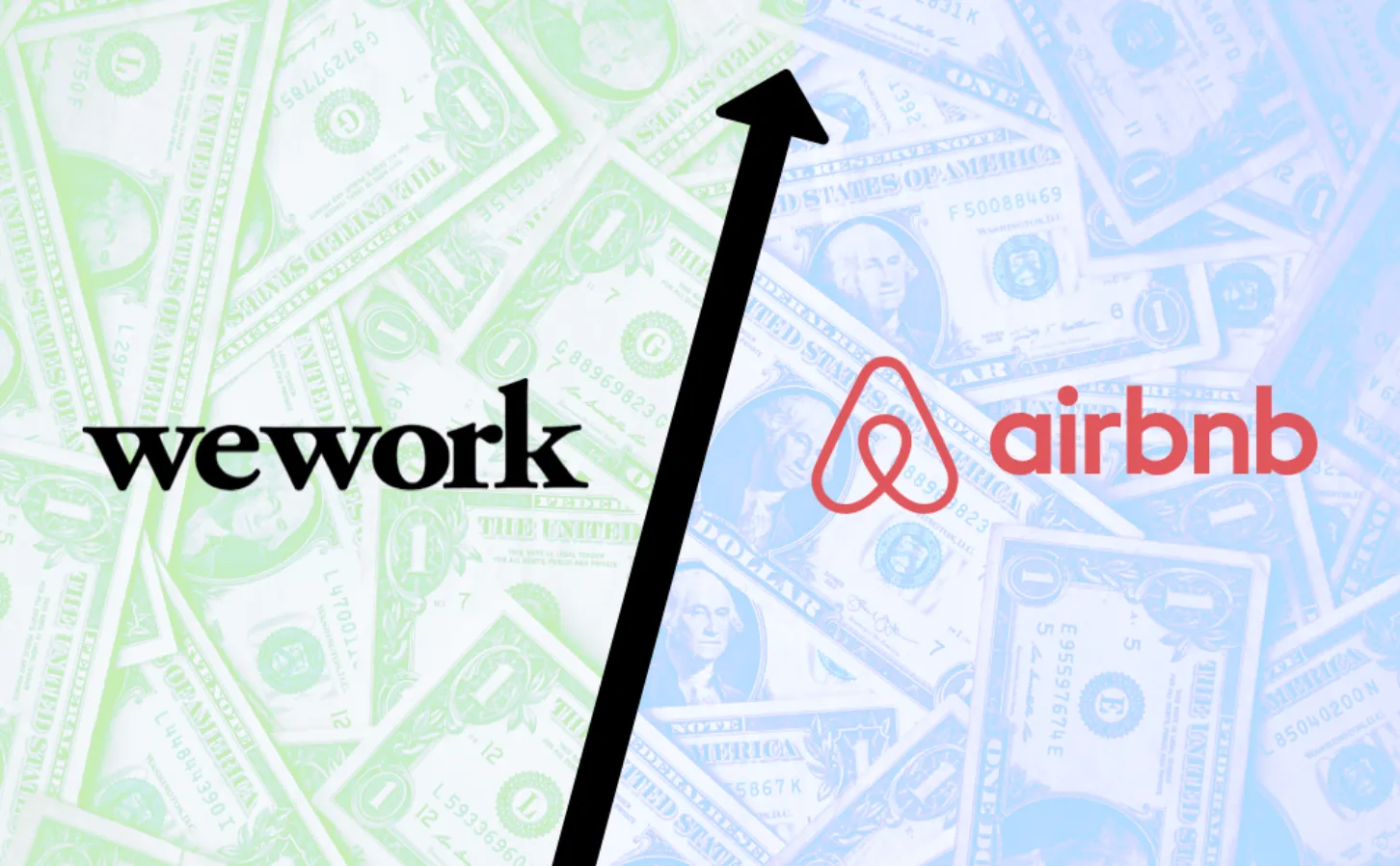
Housing makes you racist. Tech can help.
America's residential system incentivizes people to act like bigots. Technology offers hope — and a few more reasons to worry.
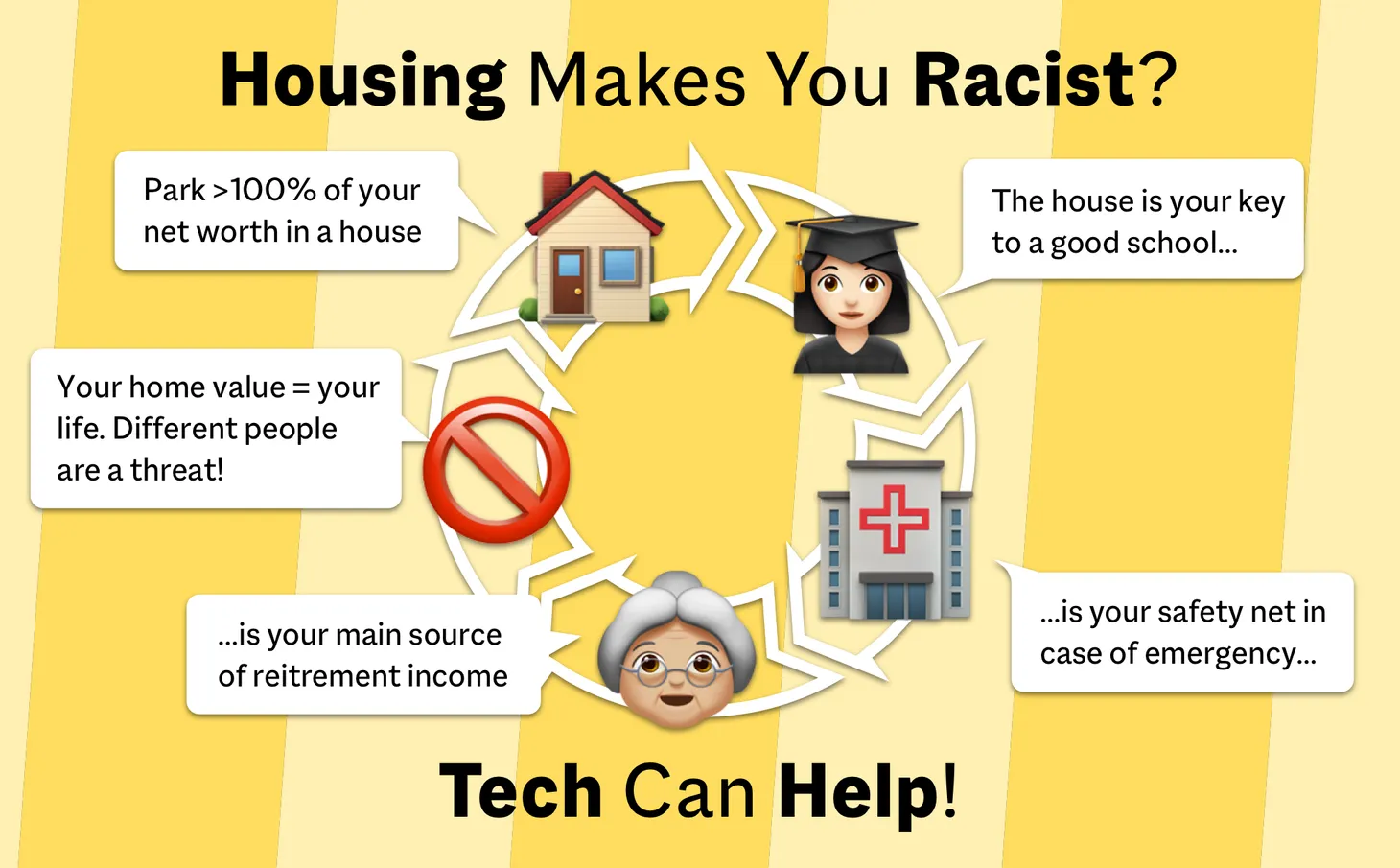
Disrupted Cities & The Urbanizer's Dilemma
Cities are trying to out-internet the internet. Most of them will fail.
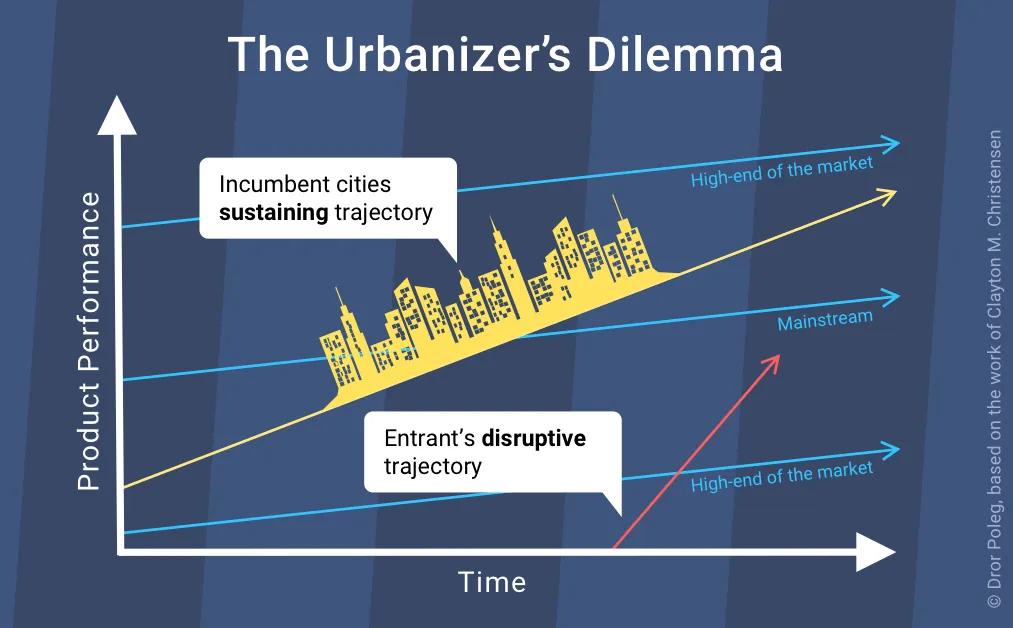
The Office Won't Budge
Real estate is still a zero-sum game. But only for landlords.
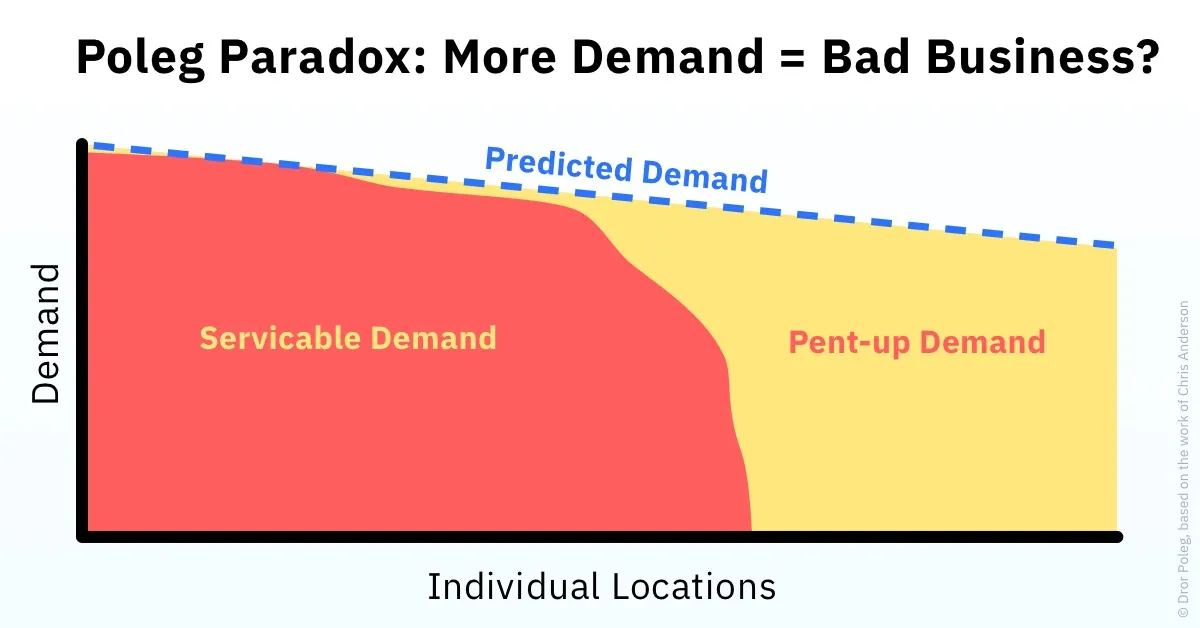
Greg Lindsay on The Future of Cities, Millennial Metrics, and Multigenerational Homes
This week, we officially kick off a series of interviews about the history and future of cities. Our first guest is Greg Lindsay, who has an encyclopedic knowledge of all things urban. Greg is the director of applied research at NewCities and director of strategy at its mobility offshoot CoMotion.
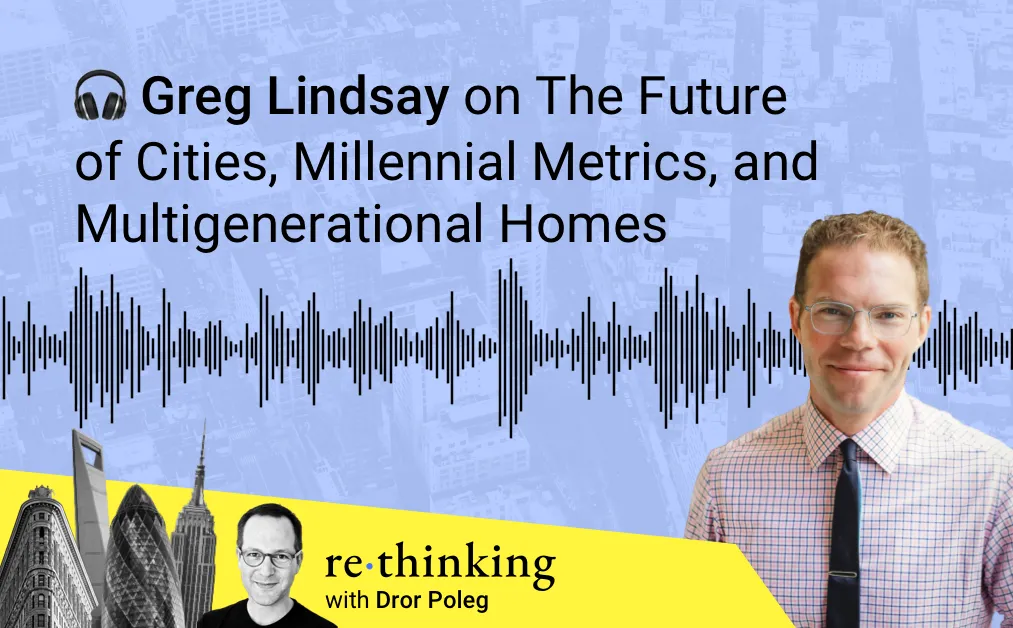
Living on the Tail
The distribution of people in offices, homes, and cities will be governed by the rules of the online world. The consequences are disturbing.
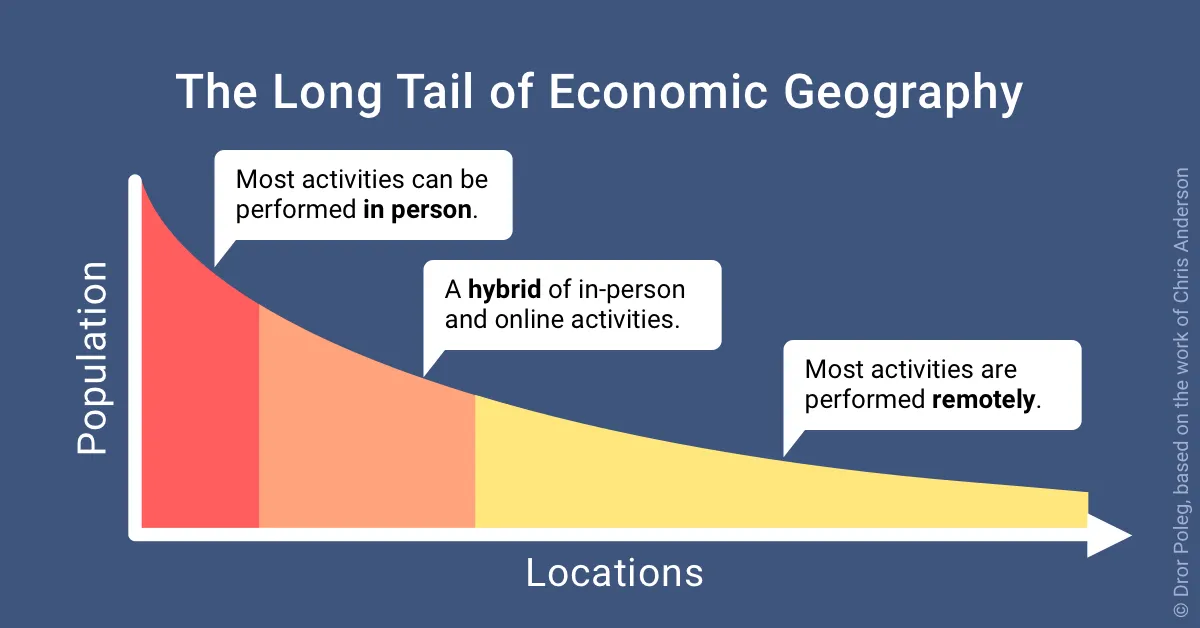
Liquid Living, Immovable Cities, and Institutional Appetites
This week, I was planning to write a series of short and unrelated takes. Somehow, the various takes ended up connecting and became a short essay. You can nibble each one separately or read them in order. They include seeds of a longer essay that will be added to my

If the New York Times Were a City, Would You Live In It?
Three media empires offer important lessons about the future of offices, homes, and cities. It's been a busy month for media empires. Two weeks ago, the New York Times parted [https://www.nytimes.com/2020/06/07/business/media/james-bennet-resigns-nytimes-op-ed.html] ways with its Opinion Editor, after the
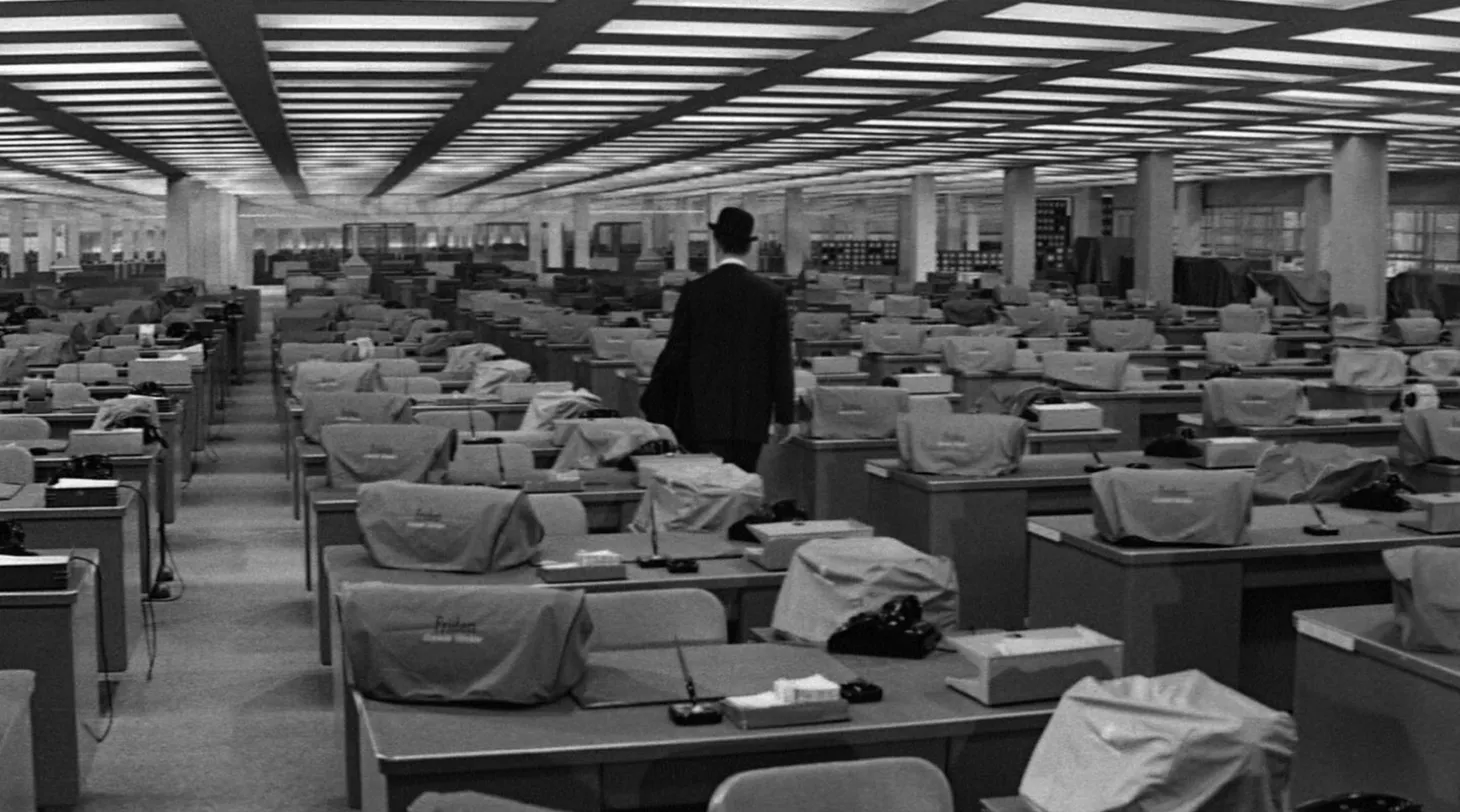
Apple, Landlords, and the Revolt Against Monopolies
Apple generates more profit from the App Store than all of Manhattan's landlords generate from rent. It also offers some important lessons about why some tenants will stop paying. Why should anyone pay rent? We already know [https://www.drorpoleg.com/blog/future-of-work-hold-your-horses/] technology makes people less dependent

Is Density Destiny?
Transportation and communication go hand in hand. Until the 19th Century, the speed of delivering a message was equal to the time it took a man (or woman) to carry that message on foot, on horse, or by boat. Innovations in transportation and communication often enabled and reinforced one another,

Did Cities Fail Us?
It was an ugly week. Let's start with some poetry: > “I was leaving the South to fling myself into the unknown . . . I was taking a part of the South to transplant in alien soil, to see if it could grow differently, if it could drink of new

2020: Tech's Impact on Real Estate
A presentation from Dror Poleg, author of Rethinking Real Estate. This is a recording from a virtual event at a large investment bank, June 4th, 2020.
Future of Work? Hold Your Horses
Forget about getting things done. Most work can be done elsewhere. An office is necessary because it allows people to socialize and learn. Over the past few weeks, I've heard a variation of the above from many landlords and consultants. It's a compelling argument. But it

Landlords are Zucked
Facebook is one of the largest companies in the world. It employs 45,000 people. Yesterday, CEO Mark Zuckerberg shared his views [https://www.facebook.com/zuck/posts/10111936543502931] on the company's future: > Over the next 5-10 years, I think we could have 50% of our people

NBC: The Office of the Future
“Rethinking Real Estate, a book that even before the pandemic was projecting big changes in how offices will be used in the future. He says landlords will now need to convince companies there’s a need for those desks and boardrooms we’ve taken for granted”. A quick interview with
Outsourcing Cities, Coffee Offices, Reviving WeWork, and Shorting Campuses
1. An Office is not a Coffeeshop. On Wednesday, Antony Slumbers and I joined The Real Deal's Hiten Samtani to discuss [https://therealdeal.com/2020/05/14/office-landlords-dont-eat-before-watching-this/] the future of offices. Hiten brought up a suggestion made by Steven Roth, the Chairman of one of the world&
Google Goes, Airbnb Cuts, WeWork Fights, and Common Grows
I hope you and your family are well. We are still waiting for spring to officially begin here in New York. April was cold and wet. May is a mixed bag so far, with a couple of beautiful days, but a lot of clouds and strong winds. Whatever happens with

Home Alone: What's Next for Airbnb?
"We are pausing our efforts in Transportation and Airbnb Studios, and we have to scale back our investments in Hotels and Lux[ury Properties]", says [https://news.airbnb.com/a-message-from-co-founder-and-ceo-brian-chesky/] Airbnb's CEO Brian Chesky. Airbnb is responding to Covid-19 by going back to its roots. This
Study from home, live on campus.
Forty-five million Americans owe more than $1.6 trillion in student debt. Such debt contributes to low home-ownership among those under 40. The cost of going to college in the U.S. has increased by more than 25% over the past decade, growing several times faster than real incomes. This

Future of Work: Don't ask where, ask how.
Many middle managers and landlords are saying (and hoping) that working at home is not productive. Most of them are missing the point. Companies in cities like New York, San Francisco, and London are spending about $15,000 is a year to keep an employee at a desk. Bosses should


